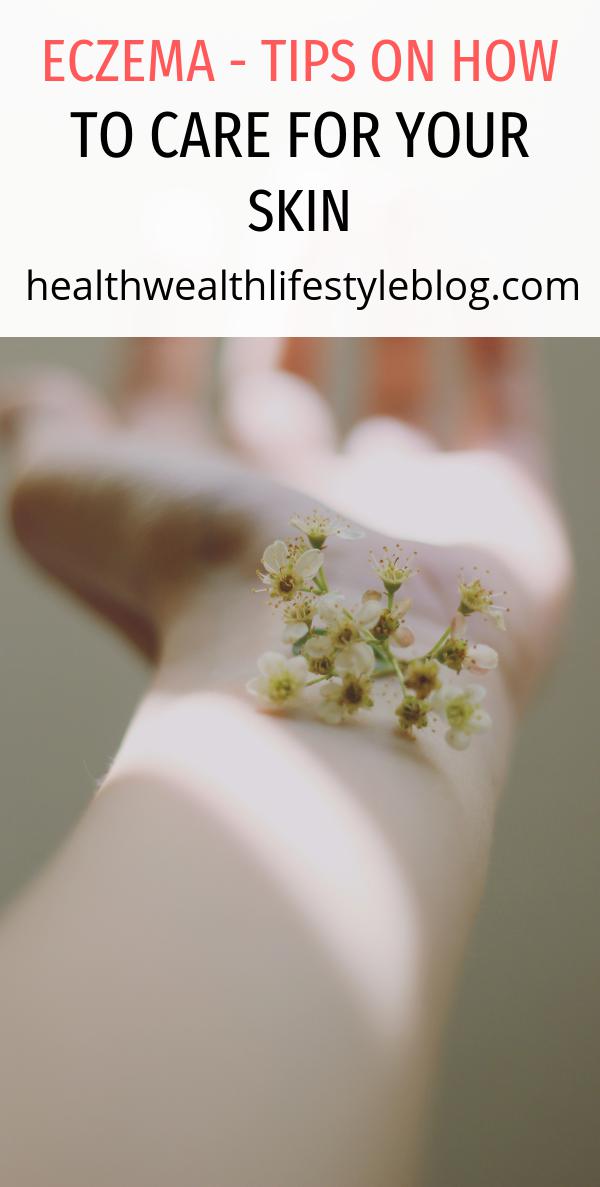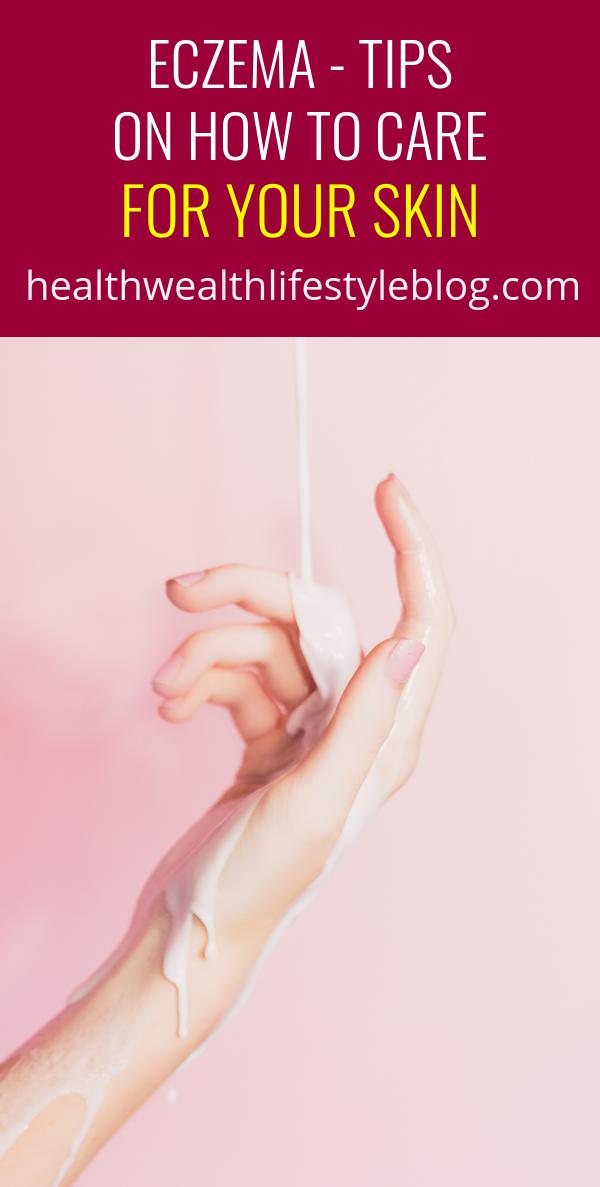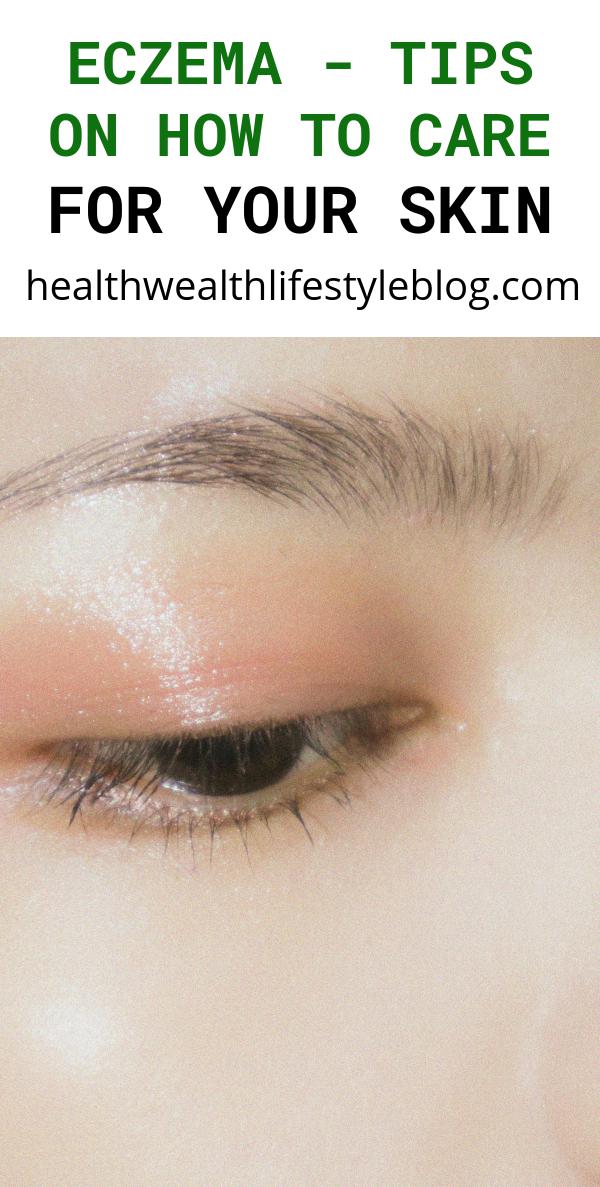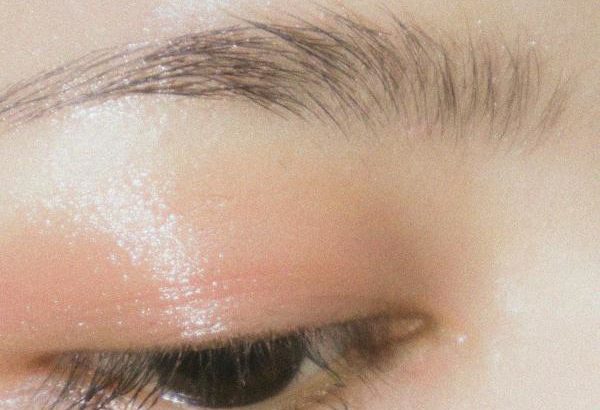Eczema can best be described as a non-contagious skin condition, which is characterized by hot dry itchy skin, with symptoms that often fluctuate seasonally and even over the course of the day. Eczema typically begins in early childhood. Research indicates that eczema may be genetically determined and studies show that there is often a family history of allergies, asthma, eczema, or hay fever. Children who experience eczema may also suffer from asthma or hay fever as well.
Like an allergy, eczema tends to flare up when exposed to certain triggers, especially mechanical irritants, allergens, emotional stress, heat, and sweating. When exposed to an offending situation, inflammation producing cells come to the surface of the skin and release chemicals, leaving the skin red, peeling, and thickened. Sometimes tiny blisters form, rupture, weep and crust over.
Eczema most often appears in and around the creases of joints of the arms and legs and around the trunk of the body. For some, it also emerges on their hands and on the soles of their feet. Sufferers also experience an intense itching that makes them want to scratch it, causing additional damage which can lead to bleeding and infection.
Solvents, chemicals, detergents, bleach, woolen clothing, skincare products that contain alcohol, and certain soaps or fragrances are all considered mechanical irritants that can cause burning, itching, or redness to the skin and bring about a flair-up. And while allergens, like food, pollens, and pets, do not irritate the skin, they can also trigger a flair-up. The same holds true to emotional stress. Intense emotions such as anger and frustration can flare up symptoms. Many individuals with eczema also do not tolerate extremely hot or cold temperatures as well. High humidity can cause increased sweating, while low humidity can dry the skin.
Recommendations For Wellness
The key to controlling eczema is prevention. Avoid or reduce your exposure to things that can irritate your skin such as household cleaners, detergents, certain soaps, and wool clothing.
Use a moisturizer on your skin every day to help keep it soft and flexible.
Don’t scratch even if it itches! Scratching can further irritate the skin and can even cause the skin to break and crack, opening the door to infection.
Take the time to identify your triggers. This can help you to avoid or limit your exposure to the offending item even better. If you think a food item is causing your problems, talk to your doctor about getting an allergy test or try an elimination diet to help you identify the offending product.
Be sure to dry your hands completely after you wash them.
Wear gloves when your hands will be exposed to anything that can irritate them.
Learn to manage your stress through regular exercise, breathing techniques, biofeedback, meditation, and yoga.
Gamma-linolenic acid (GLA) has been shown to help reduce the inflammation, dryness, and scaliness often associated with eczema. GLA can be found in evening primrose oil, borage oil, and currant seed oil.
If your skin becomes infected, the herb Oregon grape has been used for hundreds of years to treat infections and a variety of skin problems.
Natures Sunshine’s Golden Salve is a blend of herbs, oils, and beeswax that soothes and moisturizes rough, chapped skin.
A homeopathic remedy for eczema may help relieve the itching and irritation associated with eczema and dermatitis of the skin and scalp.

